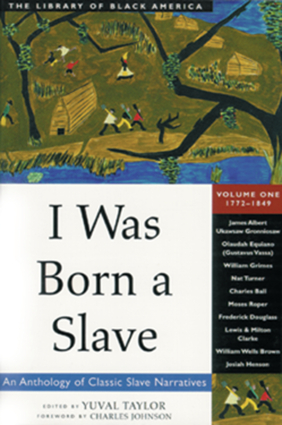Suggested reading from Chicago Review Press
 Mother's Day Mother's Day |
 Father's Day Father's Day |

 |
An Anthology of Classic Slave Narratives
Edited by Yuval Taylor, Foreword by Charles Johnson
The Library of Black America series
SOCIAL SCIENCE
832 Pages, 6 x 9
Formats: Trade Paper, EPUB, Mobipocket, PDF
PDF, $12.99 (US $12.99) (CA $17.99)
ISBN 9781613742068
Rights: WOR
Chicago Review Press (Mar 1999)
Lawrence Hill Books
Overview
May we also suggest...
Trade Paper
Published Jul 2001
Trade Paper
Published Mar 1999
Trade Paper
Published Mar 1999
Trade Paper
Published Apr 2000
Trade Paper
Published Mar 1997
EPUB
Published Feb 2004
Published Feb 2004
EPUB
Published Apr 2000
Mobipocket
Published Apr 2000
Published Apr 2000
EPUB
Published Mar 1999
Mobipocket
Published Mar 1999
Published Mar 1999
EPUB
Published Mar 1999
Mobipocket
Published Mar 1999
Mobipocket
Published Feb 2004
Trade Paper
Published Aug 2002
Mobipocket
Published Jul 2001
Published Jul 2001
EPUB
Published Jul 2001